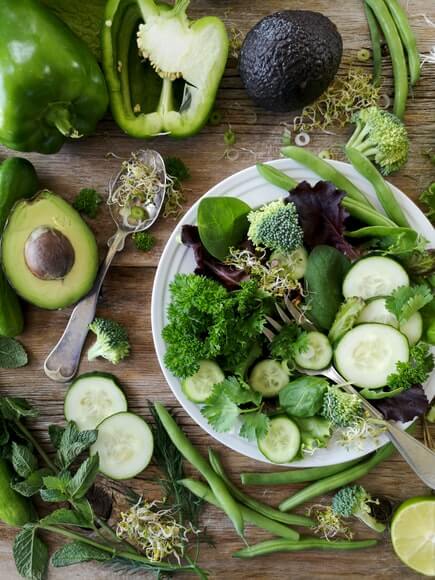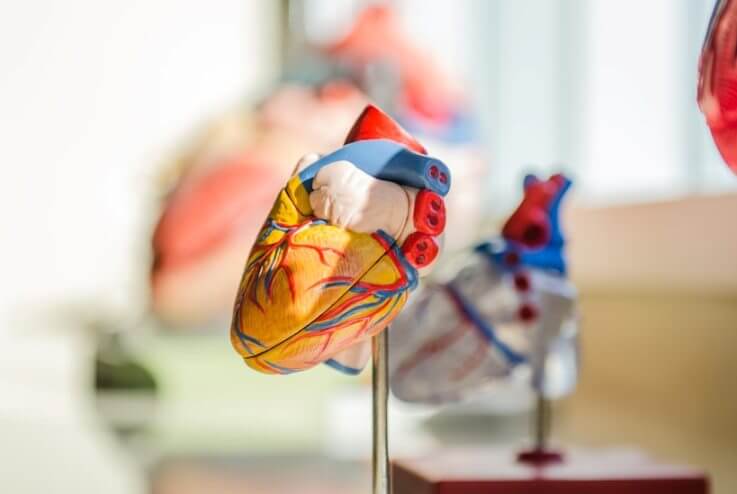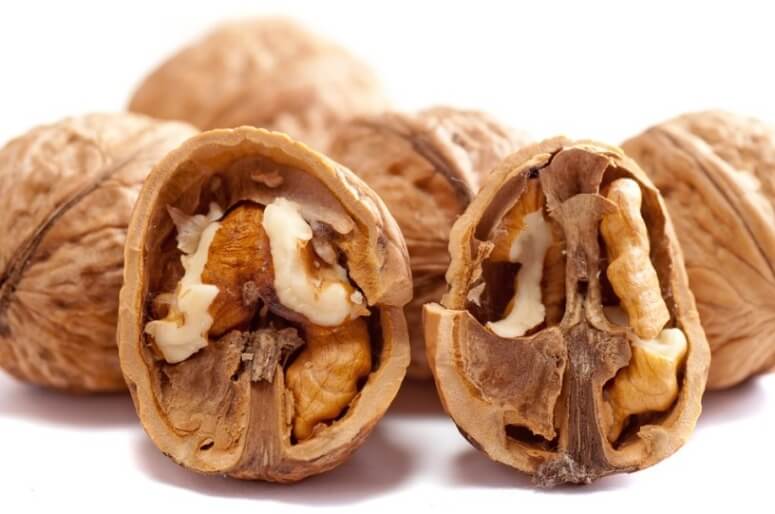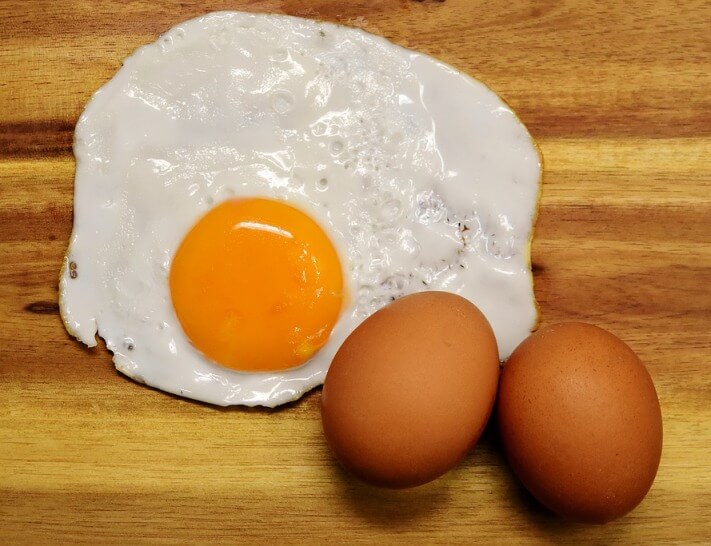What foods should we add to our diet after the age of 50?
The diet from the age of 50 is very important to continue with good health and energy. Taking care of your diet is important at any age, but after 50 it becomes even more essential.
At this age, your body loses its ability to repair the damage that bad habits can cause it, and you begin to see the effects of all the junk food you consumed in your youth.
But don’t worry, you are still in time to make a positive change and stock your pantry with foods that give you energy, strength and delay aging.
Table of Contents
Diet after the age of 50
Here I tell you what are those foods that everyone has to include in their diet after age 50, and what is the main benefit they offer you.
To delay the appearance of wrinkles
Wrinkles appear for 2 reasons: due to a deficiency of collagen and hyaluronic acid (the substances responsible for keeping the skin nourished and with volume) and due to the effect of free radicals, which are capable of destroying many cells with a chain effect.
All foods rich in antioxidants and vitamin C will help keep your skin plump for longer. These are some:
- Mango
- Carrots
- Peach
- Green Tea
- Dark chocolate
- Oranges
- Lemons
- Guavas
- Kiwi
- Strawberries.
To reduce the effects of menopause
With the loss of fertility come a lot of side effects that are capable of ruining a good day if you are caught off guard.
These are some of the foods that will help you reduce hot flashes, insomnia, irritability and dryness caused by menopause:
- Flax seeds
- Blue fish: sardines, salmon, trout, tuna, anchovy or horse mackerel, among others
- Seafood: prawns, spider crabs and oysters
- Alfalfa
- Pecans
- Licorice in infusion
- Bananas
- Carrots
- Sweet potatoes
- Pumpkin.
To improve intestinal transit
Clearly, at 50 we no longer process all foods as efficiently as we did in our youth. There is more heartburn, gas and constipation.
To combat digestive problems you have to reinforce your diet with at least 20 or 30 grams of fiber a day:
- Figs
- Integral rice
- Whole wheat or buckwheat
- Oatmeal
- Rye
- Quinoa
- Sorghum
- Popcorn
- Black, red and white beans
- Lentils
- Green peas.
To avoid cardiovascular problems
Both the heart and blood vessels undergo changes as you move towards old age, and this begins right around the age of 50.
Fibrous tissue can develop within the heart’s pacemaker system, making blood circulation less efficient.
The cells of the heart muscle also degenerate and other changes occur that can be delayed by consuming the following foods:
- Grenade
- Walnuts
- Broccoli
- Dark chocolate
- Strawberries
- Curry
- Olive oil
- Green Tea
- Tomato
- Garlic
- Apple
To combat urinary system problems
At this age, prostate and urethral problems are more common, while annoying urine infections will not wait.
Here’s what you need to eat to greatly reduce the threat:
- Blueberries
- Garlic
- Citric fruits
- Papaya
- Asparagus
- Chia
- Leek
- Brazil nuts
- Azukis beans, chickpeas, beans
To avoid muscle wasting
The muscles that have little activity will begin to shrink by this age. This will cause you to lose weight and make your skin to become sagging and lose shape. The main tool to avoid it is to exercise!
But you also need to eat the following so that your muscles have enough protein to stay strong:
- Eggs
- Lean meats: Chicken, beef, turkey
- Seafood
- Black, red and white beans
- Green peas
- Sunflower seeds
- Baked potatoes
- Avocado.
To stimulate and protect your brain
It is well known that Alzheimer’s and Parkinson’s are diseases that can attack the brain in old age, and despite the fact that at 50 years of age it is still considered too young to appear, it is necessary to start taking care of the brain early to avoid them.
That’s why as soon as you can start consuming foods rich in omega 3, a polyunsaturated fatty acid that our body cannot produce on its own but that it needs for many of the basic functions of the nervous, immune and cardiovascular systems, and to strengthen memory, among others.
- Blue fish: tuna, salmon, mackerel, among others.
- Seafood: prawns, oysters, mussels.
- Some fruits: Avocado, cucumber, blackberries, blueberries.
- Green leafy vegetables: Broccoli, spinach, romaine lettuce, Brussels sprouts.
- Seeds: flax, chia, pumpkin.
- Vegetable oils, especially olive oil.
- Nuts: walnuts, almonds.
To lower cholesterol
We are all terrified of high cholesterol. It is one of the risks that your doctor or nutritionist points out the most, since the consequences range from coronary heart disease to a stroke.
Don’t let bad (LDL) cholesterol build up in your arteries! Avoid it with these foods:
- Olive oil
- Oats and Oat Bran
- Beans
- Brussels sprouts
- Apples
- Pears
- Bananas
- Berries (blackberries, strawberries, blueberries, blackberries)
- Almonds
- Avocado.
To strengthen the bones
It is very important not to neglect the consumption of calcium, since this is what will be responsible for keeping your bones strong and resistant to osteoporosis.
This is what you can eat to add calcium and vitamin D in your body:
- Skim milk
- Yogurt
- Vegetables: spinach, kale, onion, watercress, chard, thistle.
- Legumes: white beans, chickpeas, lentils, soy.
- Yolk
- Seafood: octopus, mussels, scallops, prawns.
What to do if you do not like or cause an allergy to any of these foods?
It is understandable that your palate does not tolerate any of the foods that I have mentioned above, or that no matter how much you like it when you eat it, it makes you get hives and you end up in the emergency room, so you do not want to eat it for the world.
Even so, all these foods are essential from the age of 50, and you need the nutrients, vitamins, minerals and proteins that they provide you.
If you cannot consume some of them for one reason or another, an excellent alternative is to include a good nutritional supplement in your diet.
But not just any nutritional supplement, but those developed with a special focus on men and women in their 50s, with special components to combat the symptoms of menopause, protect memory, regulate blood pressure and triglycerides, among others.
What NOT to eat after 50?
Just as there are foods that you must add to your diet, there are others that you must reduce if you want your efforts to be worthwhile.
Eliminate refined sugar and replace it with sugars of fruit origin. Still, do not consume more than 25 grams per day, the amount recommended by the World Health Organization.
Salt also needs to be reduced. Ideally, in all stews and recipes you should try to replace it with spices such as thyme, bay leaf, turmeric and sage, which enhance the flavor of the food. But if there is still some flavor missing, consider not exceeding 5 grams of salt a day.
To give you a slight idea of the portions in both cases, a teaspoon of coffee can contain up to 5 grams of sugar or salt, while a soup up to 15 grams.
And of course, you should already be clear about the damage of saturated fats. Try to cook as much as you can in the steam or oven, and even in the microwave if it is not meat.
Final recommendations on the diet from the age of 50
Remember that ingredients are not only important in food. Also in everything you add to your body, such as creams, shampoos, deodorants and soaps.
Make sure that all the products you use are made with natural ingredients, since after 50 the body takes much longer to eliminate toxins from cosmetic chemicals and some of them can remain forever on your skin and organs.
So now you have all the information to start a healthy diet. Start to revitalize and prepare that body for at least another 50 years of quality life with your loved ones!




